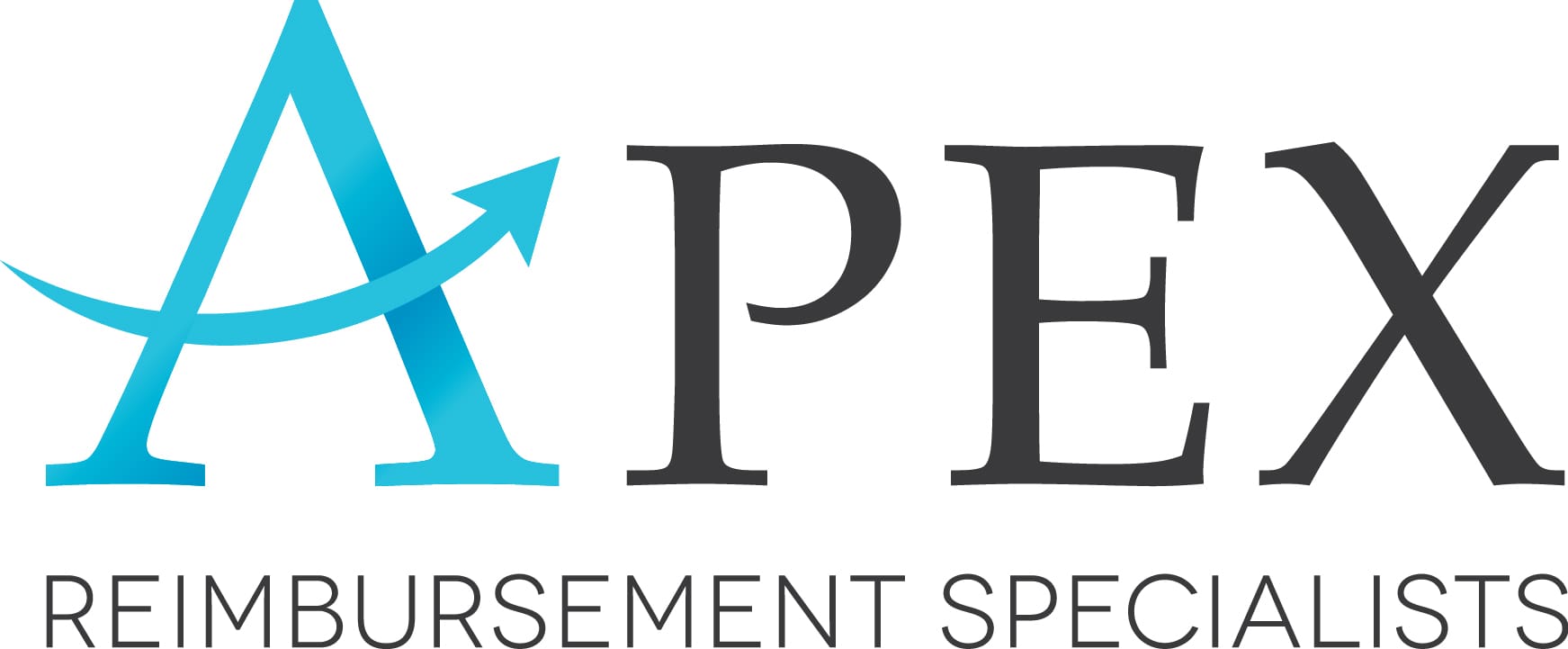Apex Reimbursement Specialists: Putting Money in Dentists’ Pockets and Saving Them Hours of Time
By Hillel Kuttler (as published on http://groupdentistrynow.com/apex-reimbursement-specialists-making-dental-groups-money/ Jan 2016)
**
Dentists take pride in patients’ pearly smiles – and Apex Reimbursement Specialists prides itself on the smiles it brings to dentists.
After all, why wouldn’t a dentist be thrilled when he or she receives an additional eight to 12 percent in insurance reimbursement for the same procedure? That’s the typical range of increases Apex secures for its dental clients. Apex has achieved increases as high as 50 percent.
Apex provides key services – services that work. Best of all for dentists in both solo and group practices is this: The reimbursement services are a no-risk, all-reward proposition.
Apex accomplishes great returns for its clients through hard work, a deep knowledge of the industry, and building trust with dental practices and insurance companies alike. Apex researches the rates, the local and regional markets and the practices. From a position of strength, Apex negotiates with insurance companies to obtain higher reimbursement rates for its dental clients.
In addition to handling reimbursement-related planning, Apex’s portfolio of services includes:
* Licensure: Consider a dentist’s state license that must be kept current. Now consider the steps involved in renewing that person’s license. Then multiply the time spent by the number of dentists in the practice, all with different license-renewal dates. Add to that DEA certificates, malpractice policies and other regulatory documentation that must be kept current – the huge logistical undertaking can be overwhelming, involving countless hours spent by practices’ staff. Those staff members could spend that time far more productively in servicing patients. Apex frees you to do that.
* Credentialing: Consider the staff hours spent in enrollment and re-enrollment with an insurance company. Now consider the rules of that company. Then consider the number of insurance companies and their different rules. That’s a lot for your business manager to juggle. Apex frees you from that obligation, too.
What Apex asks dentists is this: Do you want to spend more of your time on paperwork or on patients in the chair?
Apex’s team has an insider’s perspective of how the carriers build and retain their networks.
Apex’s co-founders, Joseph Lefkowitz and Gavi Cohn, aren’t trained in root canals, bridges and plaque, but they bring to dentistry what practitioners don’t: strong business backgrounds. For Lefkowitz, that means years of negotiating on behalf of large-institutional clients. Cohn has an M.B.A. and success in starting companies.
Serendipity brought them together to form Apex in 2013. A relative who’s a periodontist complained about his reimbursement rates. Two other relatives who work in the insurance business explained that negotiation with insurance companies is possible, even effective. Lefkowitz and Cohn ran a test case, and verified that statement.
They haven’t looked back, and now – from its base in Maryland – Apex represents clients in 18 states.
For dentists, Apex’s expertise means higher revenue. Apex negotiated a projected $1 million increase in annual revenue for a large multi-state group practice based in Florida. All told, Apex manages approximately $200 million in clients’ portfolios.
For insurance companies, Apex is a welcome relief, too. Often, dentists and other medical practitioners view insurance companies as adversaries that dictate terms and reimbursement rates. One might expect, then, that insurance companies would view Apex as an adversary, too. Apex, after all, advocates for its clients’ best interests.
They’re correct in understanding that Apex always puts clients first. But the relationship between Apex and insurance companies is not adversarial – far from it. In fact, the relationship is cooperative. That is because insurance companies have a vested interest in retaining dentists in their networks. Remember: Insurance companies are only as strong as their networks. Dentists leaving hurts the companies’ bottom line – and dentists leave when they feel neglected or taken advantage of, like when reimbursements are driven too low.
One representative at an insurance carrier recently told Apex that Apex is excellent at what it does because “you care, and you strive to do a complete job.” When the insurance carrier tried to manage the process on its own, she said, the proverbial ball often got dropped.
“We always say to the insurance company: What can we do together to keep this dentist happy?” Lefkowitz explained. “Insurance companies have retention teams to keep providers in-network. If the fees are too low, the dentists can’t survive and will leave.”
Just as Apex saves dentists untold time, it does so for the insurers. Apex represents more than 300 group and solo practices. You think an insurance company meeting with one point of contact isn’t more efficient than its meeting with 300?
“I would like to show the dentists why the insurance companies see the value in our working on their behalf. In the case of credentialing, for example, their time savings comes in our already knowing what forms are required,” Cohn said.
He added: “It’s a win for the dental provider because they’ve now made more money. It’s a win for the insurance company because it helps their network retention. And both make us happy because we successfully filled the needs of the industry as a whole.
“We are the bridge between the two. We’re allowing the process to work more smoothly.”

